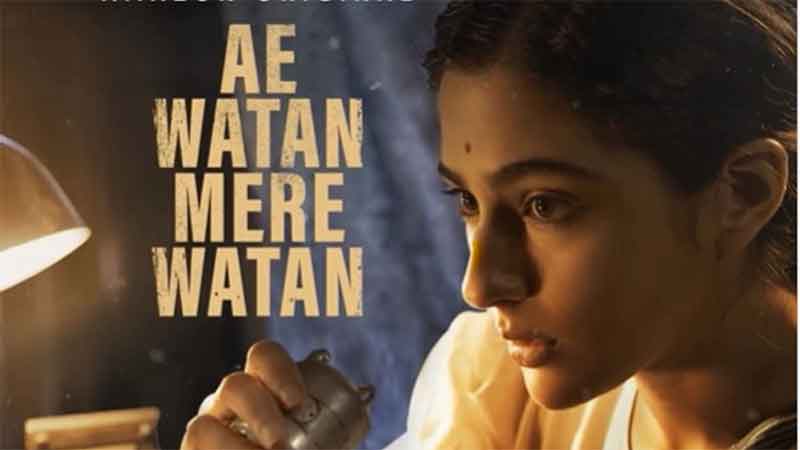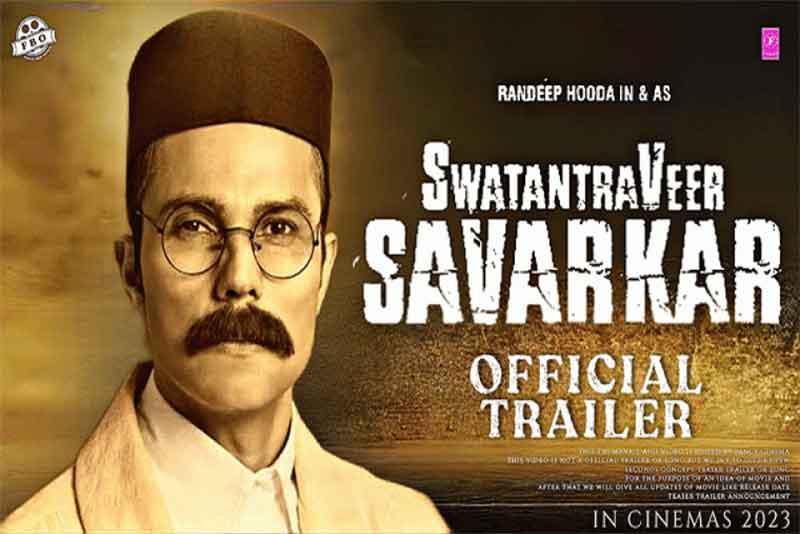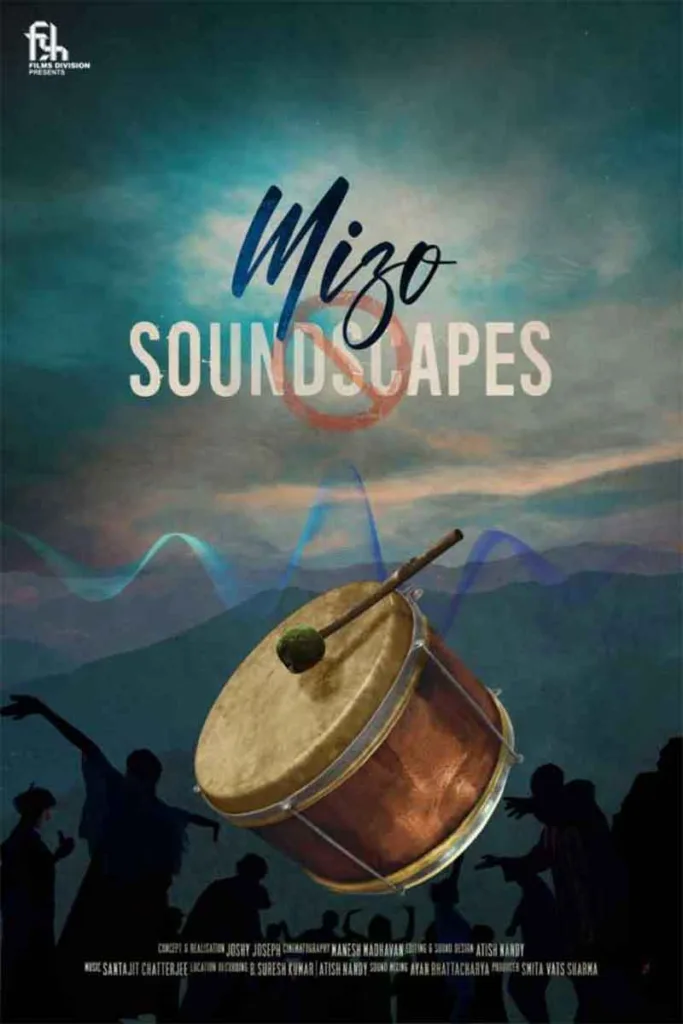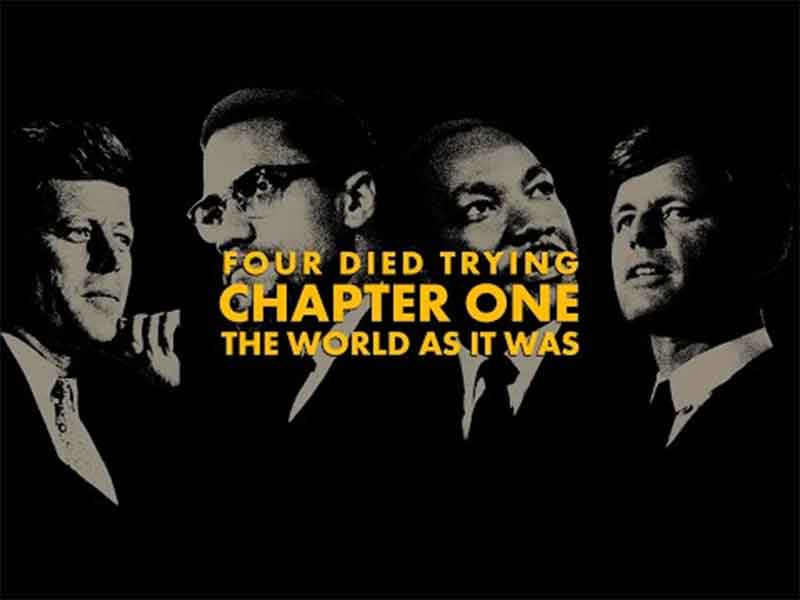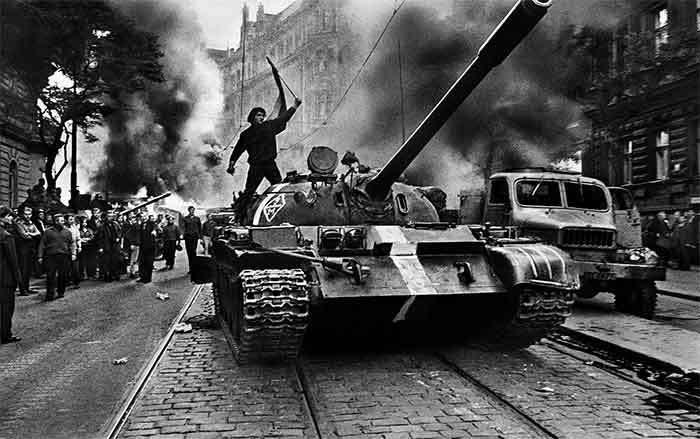
Fifty two years ago, on 20th August, Russian tanks moved into Prague to suppress what has passed into history as the ‘Spring of 1968’ when artists, intellectuals, public personalities and reforms-minded politicians joined hands in an attempt to secure freedom of expression. Among the sufferers was the great long-distance runner, Emil Zatopek, who was dismissed from his senior position in the military and expelled from the Communist Party of Czechoslovakia. To make matters worse for him, he was packed off to a distant town to do cleaning and sweeping duties. About this unfortunate period of his life, it has been written: “But, to the embarrassment of the regime, when people recognized him collecting garbage they helped him carry the cans, and when they recognized him sweeping the street they helped him push the broom.” Later, he was rehabilitated and spent his final working years in the national sports ministry.
Zatopek was a famous middle-aged man when he protested – and paid a heavy price for it. In those difficult days a small girl by the name of Martina Navratilova was looking at things around her and did not know what to make of what she saw. In a few years’ time she would grow up to be one of the legends of international women’s tennis and recall those turbulent times in her autobiography, Being Myself, thus: “I was eleven years old in 1968… people were seeking more freedom to run their own country… my parents were not political people; they were more interested in tennis and work and the outdoors than in politics. But you would have to be deaf, dumb and blind to miss what was going on in Czechoslovakia in the spring of 1968.”
For weeks after Russian tanks took over, all kinds of banners could be seen hanging in different parts of Prague. Martina mentions in her book what was written on some of the banners: Ivan, go home, Natasha has sexual problems; The Russian National Circus has arrived, complete with performing gorillas; What do you tell your mother about our dead? But the one that reflected the mood of the people most accurately was, Socialism, yes; Occupation, no.
Aleksandr Dubcek (1921 – 1992) was dismissed from his post of Secretary of the Communist Party of Czechoslovakia for initiating the reforms. Like Zatopek, Dubcek, too, was bundled off to a distant town to do menial jobs. Significantly, Dubcek never renounced his faith in Socialism. His quarrel was with the way in which the party bosses functioned and their lack of faith in themselves which made them constantly seek the approval of Moscow. This lack of confidence in themselves resulted in rigidities in ideological thinking and errors in political practice which caused widespread suffering and resentment. When democracy returned to Czechoslovakia after the collapse of the Soviet Union, Dubcek was a different kind of hero than Vaclav Havel, the intellectual-statesman who had led the pro-democracy movement modelled in many ways on the Gandhian example. Both were heroes, but their agendas to build a new nation and a new society were different. In the mad rush to befriend the market economy and the West’s international financial institutions, Dubcek – the more restrained of the two – lost out.
A couple of years after the triumph of what the media called the ‘Velvet Revolution’, Dubcek died, leaving the field open to Havel to prove to be, as it turned out, a good agitator but a poor administrator. Not only did Havel preside over the dismemberment of Czechoslovakia into two separate countries – the Czech Republic and the Slovak Republic – but proved ineffective in stopping the World Bank or the IMF from practically taking over the economy of the two new entities. Not all his stature as the author of a revolutionary form of non-violent opposition could hide the fact that in his two terms as President, Havel was ‘only fitfully convincing as a politician’, to quote Paul Wilson, a great admirer and the translator of many of his plays.
Zatopek was someone that anyone could easily recognize, so was Dubcek, but there were many unknown gifted young people who saw their hopes of doing something lasting dashed to the ground when the repression against the liberals began. A fair number of such people belonged to the world of cinema. Since the beginning of the 1960s Czech cinema had been energised, often beyond belief, by what could only be described as a latter-day renaissance. A whole group of creative youngsters had invaded the film schools with great skill and greater ideas. Their diploma films indicated in many cases not just technical virtuosity or their ability to tell a good story with imagination, but also a profound philosophical aversion to force; to coercion; to the official attitude towards cinema’s young dreamers, visionaries, mystics and magicians. Many of the Czech ‘New Wave’ filmmakers have left their incomplete signatures in the minds of countless avid viewers who were perplexed by the depth and range of their achievements. These signatures belonged to artists whose destinies greatly differed. After the clamp-down, Milos Forman or Jan Nemec migrated to the West where Forman, in particular, earned fame and wealth but lacked that rootedness in his films that is necessary to give a sense of fulfilment to the discerning viewer.
Forman left Czechoslovakia, but friends like Jiri Menzel or Vera Chytilova stayed back and worked when assignments came their way, devising ways and means to make his or her sad and disapproving voice heard but never crossing the limit which would cost them all opportunities to do what they especially wanted to – to make films.
And, finally, there were those who refused to work in an atmosphere marked by fear, threat, blackmail or open hostility. They refused because they thought no work of an honourable kind was available to them. In this connection, the names that most readily come to mind number at least three – Elo Havetta (1938 – 1975), Pavel Juracek (1935 – 1989) and Evald Schorm (1931 – 1988). The expression, ‘The courage not to be successful’, could be correctly applied to all the three. Had they been allowed to work as they wished and they doubtless deserved, they would have in all likelihood carved their names in letters of platinum for the whole film world to see.The little work they had been able to do in a state of comparative freedom before the blow fell, promised as much.
Elo Havetta lasted for less than thirty-seven summers, but the child of destiny that he was, he managed to do in such a short while what most cannot over longer periods of time. This lover of Dostoevsky’s writings and Jean Vigo’s films was an incurable lover of dreams which, however, could not be realised at a time of witch-hunt. The complexity of his mind and the solidity of his character, combined with the loftiness of his artistic aspirations, in vain sought to defeat a setting reminiscent of the medieval Inquisition. This brought him to a dead-end from where there was no escaping. Not that Havetta was ever an escapist, but there is a limit to the undeserved weight that a sensitive soul can take. The story is told of how concerned neighbours would leave a bottle of milk, an apple, a loaf of bread or a piece of cheese on the steps leading to his closed door, for Havetta had locked himself in and ceased all social communication. Sometimes the offerings would be taken in, but there soon came a time when they would be left as they were. People claimed that Havetta died of starvation; perhaps, it would be more accurate to say that he willed himself to death.
Like Havetta, Juracek and Schorm also came to an end prematurely. They wished to have nothing to do with little-educated commissars who had to be pleased in order to get work. All three have passed into the folklore of repression that artists and intellectuals of the period had to face.
Menzel was a friend of the three ill-fated ones, but his approach to life and filmmaking was characterised by an expressed necessity to look beyond one’s immediate history. In this sense, Menzel’s philosophy of patience was different from that of his peers who thought it necessary to take a more obdurate stance. Menzel’s hilarious, free-flowing, pastoral elegy, My Sweet Little Village (1985) hid an undercurrent of comment, more wistful than angry, at the decline in morals and manners for which the highly-placed are more responsible than the commoner. The story of the powerful urban bureaucrat’s bid to buy over the village home of a country-bumpkin – and an orphan to boot – so as to have a second home in clean rural surroundings, is told with a mixture of fun and pathos. Here, it needs to be stressed that where others in modern Czech cinema have resorted to darker words and images to express their anger and sadness, Menzel settles for a more understanding approach with humorous story-telling as its principal prop.
Die-hards in erstwhile Czechoslovakia were none-too-happy with Menzel’s humane works of art. They argued that conditions were more severe than what Menzel showed in his films. Of course, they were – who is arguing? It was difficult to convince such detractors that as the situation stood, repair and reconstruction would have been that much more difficult if artists and intellectuals too, were to talk of an eye for an eye and a tooth for a tooth. In this context, there is no saner voice in Czech cinema than Menzel’s: “Life is cruel and sad, and it is superfluous to show that in cinema too. Let us prove our courage by being able to laugh. This laughter shall not be considered cynical but conciliatory… I have the impression that we should smile at the ‘fifties and the ‘sixties, considering them as silly mistakes made in childhood, because mistakes have always been made and it is good to smile at them rather than do something else.”
In Calcutta, we have had the good fortune of attending retrospectives of Menzel’s films more than once and talking to him in person. Such sessions have never failed to bring home to us his wise, sad, erotic, funny and seemingly improbable world. The director’s moral attitudes and philosophical concerns, veiled as they often are in strange encounters or in the sexual peccadilloes of the young and at times not so young, may seem difficult to comprehend at first glance, but they begin to grow on a perceptive audience after a while. Laughter, Menzel seems to be whispering in your ear, is the best medicine. What he means is that, when it comes to destroying histories of oppression and sadness, there is no more effective a sling-shot than laughter. And, if you can’t laugh, so much the worse for you!
Vidyarthy Chatterjee writes on cinema,society, and politics.
SIGN UP FOR COUNTERCURRENTS DAILY NEWSLETTER


